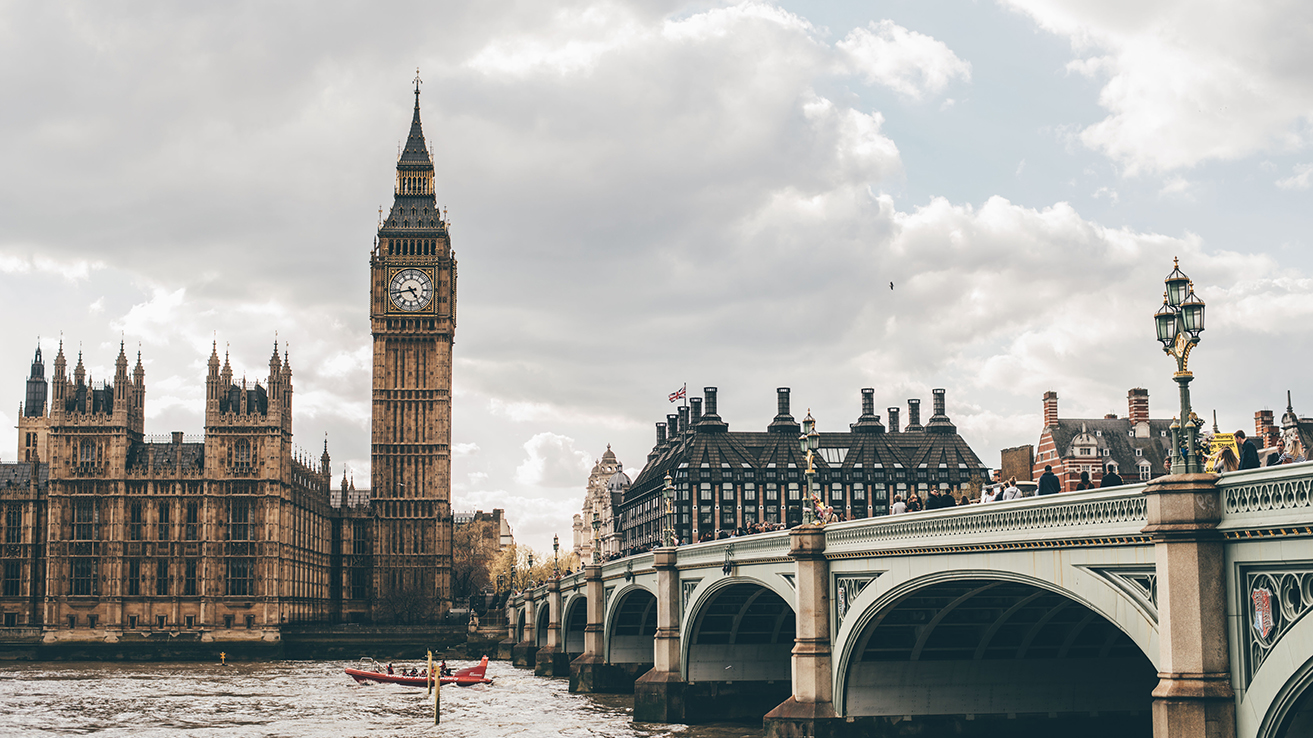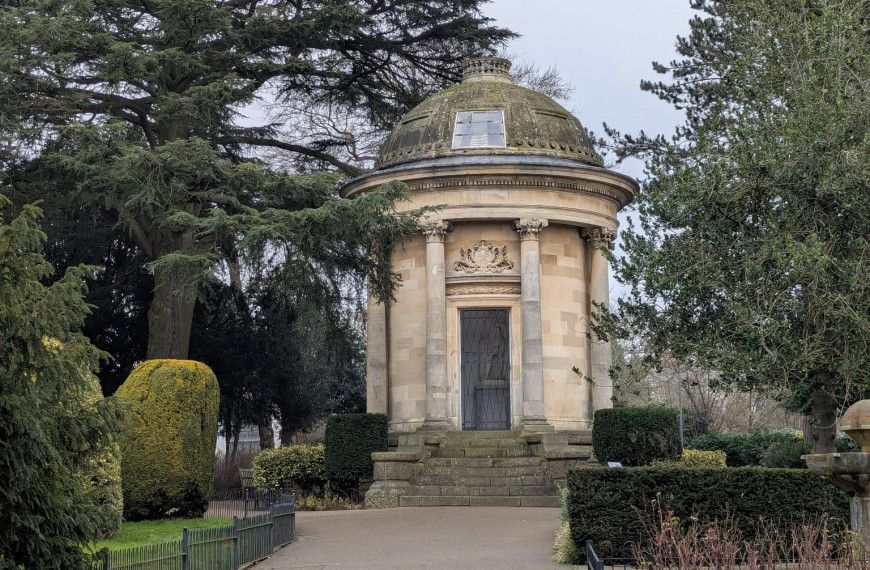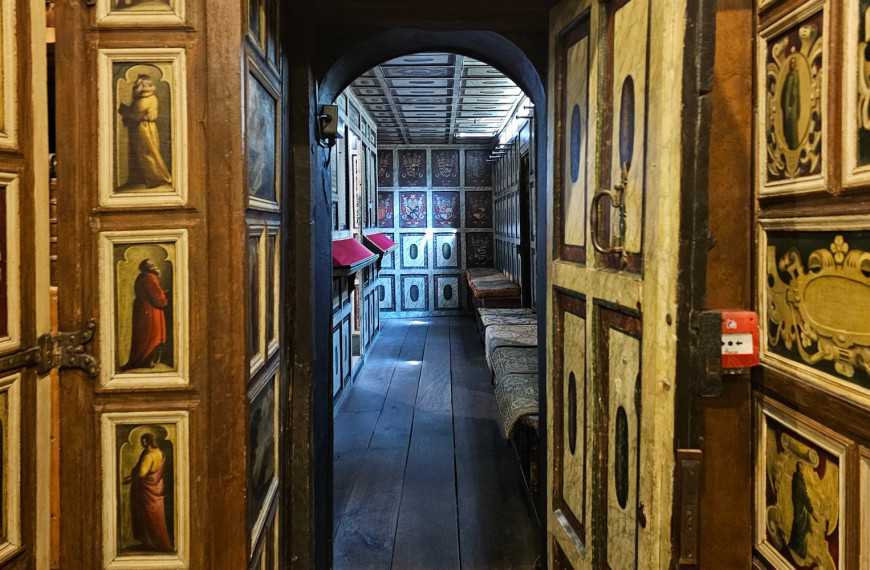
Photo by Eva Dang
It was announced in the Queen’s Speech yesterday that the Government will be bringing forward a new Planning Bill, the purpose of which is to: “create a simpler, faster and more modern planning system”. The AMS (now known as Historic Buildings & Places) previously expressed concerns about the changes set out in the Planning White Paper and remains unconvinced that the proposals will generate the more sustainable, affordable and quality homes needed over the long term.
Current plans will force local authorities to zone all land for “growth”, “protection” or “renewal”. Automatic outline planning permission for development will be given to land zoned for “growth”, with councils unable to refuse planning applications for specified developments. This new approach would greatly undermine the democratic process we currently enjoy by removing the right of local communities to scrutinise and comment on development proposals that affect their towns and neighbourhoods. It would also remove the role of planning and conservation officers to negotiate better outcomes and to represent the public interest in the decision-making process.
While the aspiration to improve community involvement at the plan-making stage is positive, in effect “frontloading” disenfranchises local communities from meaningful decision-making when a development is proposed, often long after a plan is made. It is very difficult to comment on something which is presented at an early stage as an abstract concept – and we know this already with outline planning proposals which often do not have the level of detail local residents want to determine the impact on their amenity.
We have already warned against the introduction of design codes to ‘simplify the planning process’. This encourages mediocrity and development that just meets the minimum requirements, rather than seeking to design new development that harmonises with its surroundings. While site-specific codes would be practical to prepare for large scale developments, individual developments would, in practice, be controlled through a blanket set of rules which, by their nature, cannot respond to local character and conditions, as it would be impossible to define this at the plan-making stage.
Of most concern is how this will further erode our precious historic environment, particularly historic buildings and neighbourhoods which are not situated in ‘protected’ zones. What will happen to undesignated heritage and what might be described as ‘humble heritage’ – those everyday buildings, townscapes and landscapes which contribute to the local distinctiveness of an area and are often cherished by communities? With a general presumption in favour of development, these heritage assets and their settings will be particularly vulnerable with such a blanket approach.
Before the Planning Bill moves forward, we strongly encourage the government to properly consider the long-term impacts of these proposals to make sure communities are involved at every step of the planning process and to avoid damaging developments that undermine the viability and sustainability of our towns and neighbourhoods into the future. It must also ensure that local authorities are adequately funded and supported to be able to deliver vital planning and heritage outcomes in a quick, efficient and effective manner.
Read our full response to the Planning for the Future White Paper.
Read our submission to the All Party Parliamentary Group (APPG) on Conservation, Places and People.


